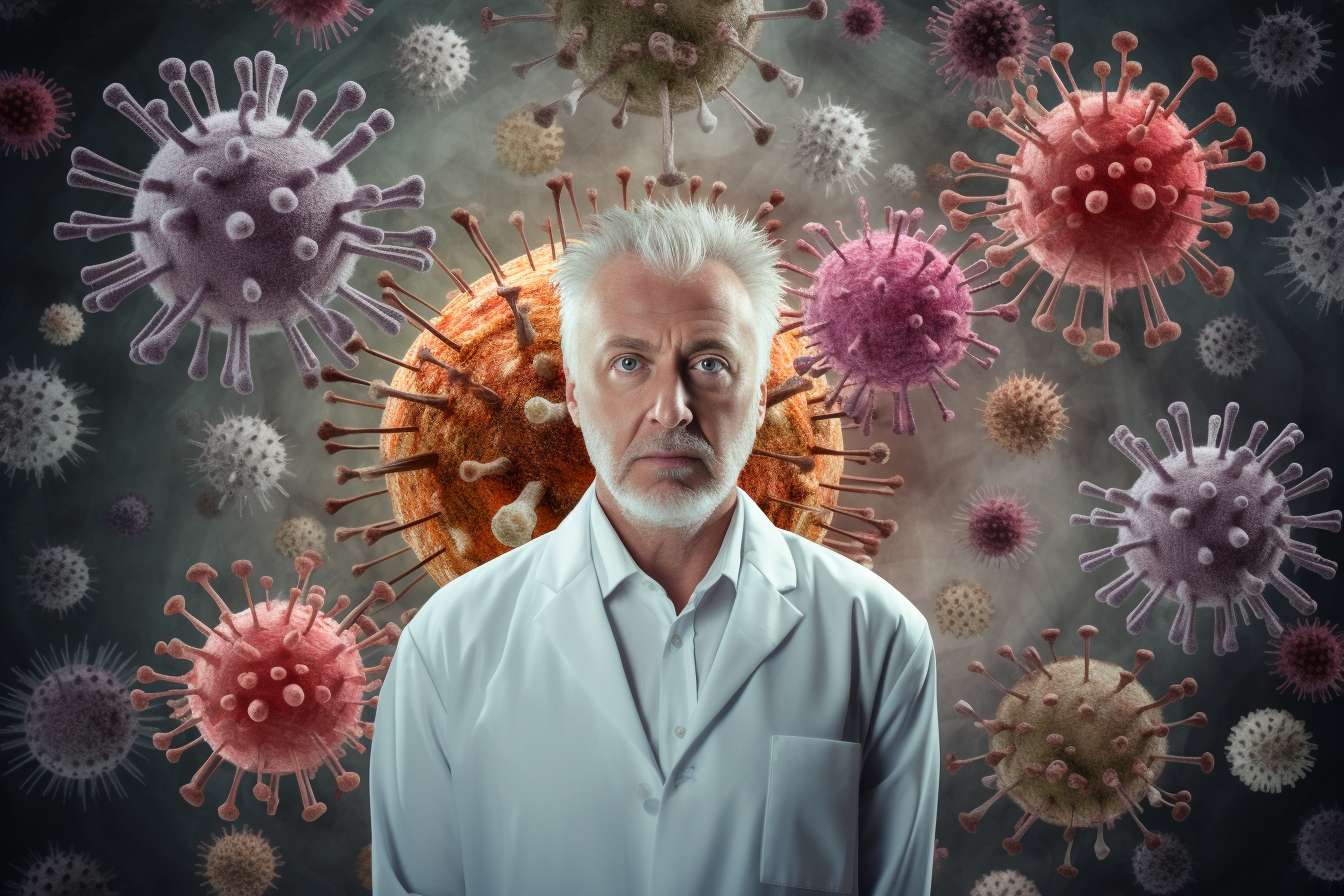Biohacking Your Brain: The Rise of Nootropics in Cognitive Enhancement
Imagine a world where you could unlock your brain's full potential, enhancing memory, focus, and creativity with just a few supplements. Welcome to the realm of nootropics, a cutting-edge frontier in cognitive enhancement that's captivating health enthusiasts and scientists alike. But what exactly are these "smart drugs," and can they truly supercharge our mental capabilities?

Natural vs. Synthetic Nootropics
Nootropics come in two main categories: natural and synthetic. Natural nootropics include herbs like Ginkgo biloba and compounds found in foods such as caffeine in coffee or L-theanine in green tea. Synthetic nootropics, on the other hand, are lab-created substances designed to target specific cognitive functions. Examples include modafinil, originally developed to treat narcolepsy, and racetams, a class of compounds that includes piracetam.
The Promise of Cognitive Enhancement
Proponents of nootropics claim a wide range of benefits, including improved memory, increased focus and concentration, enhanced creativity, and reduced cognitive decline associated with aging. Some users report feeling a sense of mental clarity and heightened productivity, leading to increased interest among students, professionals, and older adults seeking to maintain cognitive function.
The Role of Neuroplasticity
One of the most intriguing aspects of nootropics is their potential to enhance neuroplasticity – the brain’s ability to form new neural connections throughout life. Certain nootropics, such as lion’s mane mushroom and bacopa monnieri, have shown promise in stimulating the production of nerve growth factor (NGF) and brain-derived neurotrophic factor (BDNF), proteins crucial for neuroplasticity.
Navigating the Ethical Landscape
The use of cognitive enhancers raises ethical questions about fairness and equality. If nootropics can significantly boost mental performance, do they create an unfair advantage in academic or professional settings? Additionally, there are concerns about long-term effects and potential for abuse, especially with synthetic nootropics that may have addictive properties or unknown side effects.
The Importance of Research and Regulation
As the popularity of nootropics grows, so does the need for comprehensive research and regulation. While some nootropics have been studied extensively, many others lack rigorous scientific backing. The FDA classifies most nootropics as dietary supplements, which are not subject to the same strict regulations as pharmaceuticals. This gray area highlights the importance of consumer education and caution.
Personalized Approach to Cognitive Enhancement
Experts stress that the efficacy of nootropics can vary greatly between individuals due to factors like genetics, diet, and lifestyle. What works for one person may not work for another, underscoring the need for a personalized approach to cognitive enhancement. Some researchers advocate for “stacking” – combining different nootropics for synergistic effects – but this practice requires careful consideration and often professional guidance.
The Future of Nootropics
As research advances, we may see more targeted and effective nootropics developed. Some scientists are exploring the potential of nootropics in treating cognitive disorders like Alzheimer’s disease or ADHD. Additionally, the integration of nootropics with other emerging technologies, such as brain-computer interfaces, could open up new frontiers in cognitive enhancement.
Brain-Boosting Insights
-
Omega-3 fatty acids, particularly DHA, are crucial for brain health and may enhance cognitive function
-
Regular exercise has been shown to increase BDNF levels, promoting neuroplasticity
-
Intermittent fasting may boost the production of new neurons in the hippocampus, a key area for memory
-
Mindfulness meditation can increase gray matter density in brain regions associated with learning and memory
-
Adequate sleep is essential for memory consolidation and clearing brain toxins
In conclusion, nootropics represent an exciting frontier in cognitive enhancement, offering the potential to unlock new levels of mental performance. However, as with any emerging field, it’s crucial to approach nootropics with a balanced perspective, weighing the potential benefits against the risks and ethical considerations. As research progresses, we may gain a deeper understanding of how to safely and effectively optimize our cognitive abilities, potentially revolutionizing how we approach mental health and performance.





